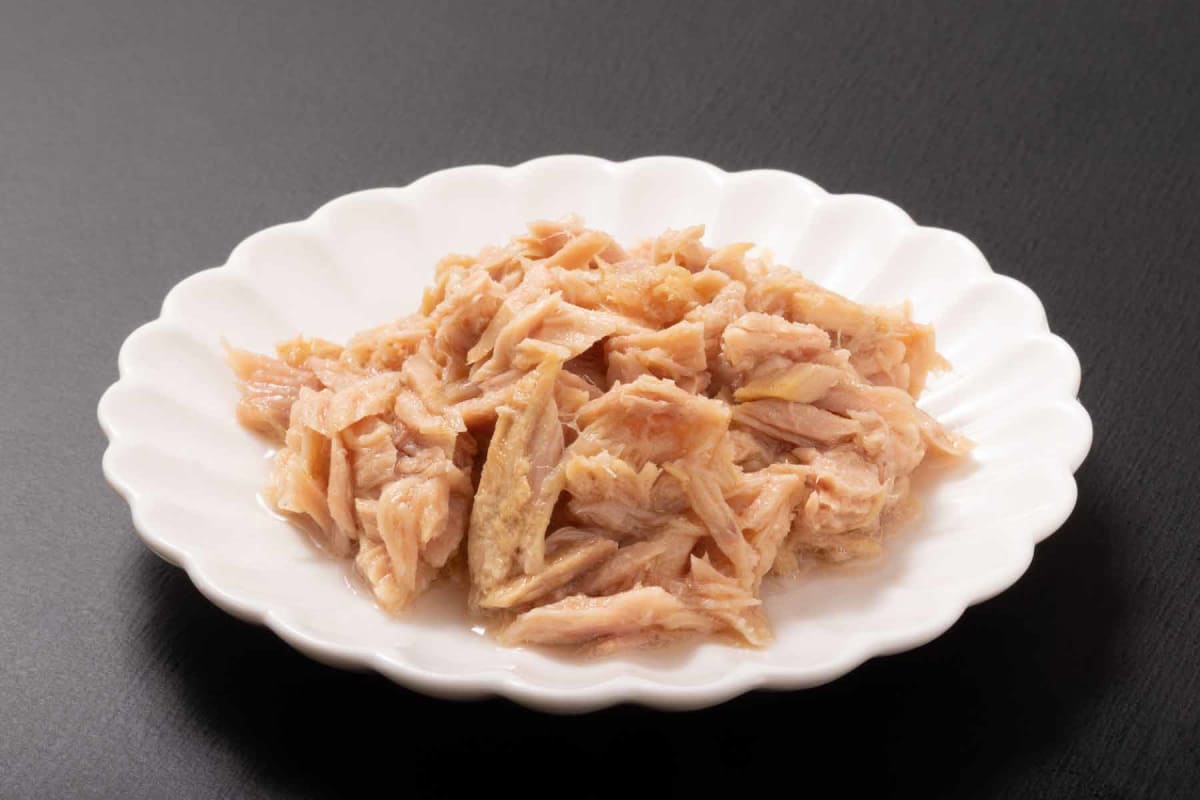
Can dogs eat tuna?
Can dogs eat tuna?
Can dogs have tuna?
As a dog owner, you may have wondered if it's safe to share your tuna sandwich with your furry friend. The short answer is no, dogs should not eat tuna. While tuna isn't inherently toxic to dogs, the mercury levels can accumulate in your dog's body over time, potentially causing serious health problems.
Is tuna good for dogs?
Tuna does contain beneficial nutrients for dogs, including protein, omega-3 fatty acids, and vitamins B3, B6, and B12. These nutrients can support your dog's cardiovascular health, muscle development, and immune system.
However, these same nutritional benefits are in other fish varieties that contain significantly less mercury and are therefore safer for your canine companion.
When is tuna bad for dogs?
The primary concern with tuna is its mercury content. Tuna are large predatory fish with long lifespans, which means they accumulate more mercury in their tissues than smaller fish species. Because there are no established guidelines for safe tuna consumption in dogs, it's best to avoid feeding tuna to your pet.
In addition to the mercury risks, tuna is also particularly problematic for dogs in the following situations:
When served raw, as it may contain harmful bacteria or parasites
When canned in oil rather than water
When seasoned with spices, especially those containing onions or garlic
When mixed with other ingredients like mayonnaise that may be harmful to dogs
Symptoms of mercury poisoning
If your dog consumes too much tuna over time, they may develop mercury poisoning. Watch for these symptoms:
Abdominal swelling
Diarrhea
Difficulty walking
Hair loss
Lethargy
Loss of appetite
Nervousness
Loss of feeling in paws
Tremors
Vomiting
Watery or bloody diarrhea
Mercury poisoning can lead to blindness and cause permanent damage to your dog's cardiovascular, renal, or nervous system, significantly reducing their quality of life. If you notice any of these symptoms after your dog has consumed tuna, seek veterinary care immediately.
What to do if your dog eats tuna
If your dog sneaks a small amount of tuna, there's usually no cause for immediate concern. Tuna isn't inherently toxic, and a tiny bit won't cause mercury poisoning.
However, if your dog has consumed a large amount of tuna or shows any symptoms of mercury poisoning, contact your veterinarian right away. Treatment may include intravenous fluids, antibiotics, anti-inflammatory drugs, and oxygen therapy.
How to prevent your dog from eating tuna
The best way to prevent mercury poisoning is to keep tuna away from your dog:
Store tuna and tuna-containing products securely out of your dog's reach.
Be careful with cat food, as many varieties contain tuna.
Inform family members and guests not to feed your dog tuna.
Choose safer fish alternatives or other dog-safe foods for treats and supplements.

Safer fish for dogs
Instead of tuna, consider these safer fish varieties for your dog that provide similar nutritional benefits to tuna but contain lower levels of mercury:
Salmon (wild-caught, cooked, and deboned)
Sardines (in water, not oil)
Shrimp
Whitefish
Herring
Mussels
When introducing fish to your dog's diet, start with small amounts to ensure they don't have an allergic reaction. Always ensure any fish you feed your dog is thoroughly cooked, deboned, and served plain without seasonings or oils.
Remember that a balanced commercial dog food already contains all the nutrients your dog needs, so fish should be a supplement or occasional treat rather than a dietary staple.